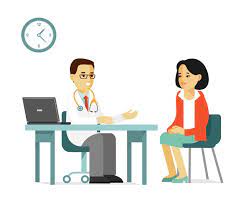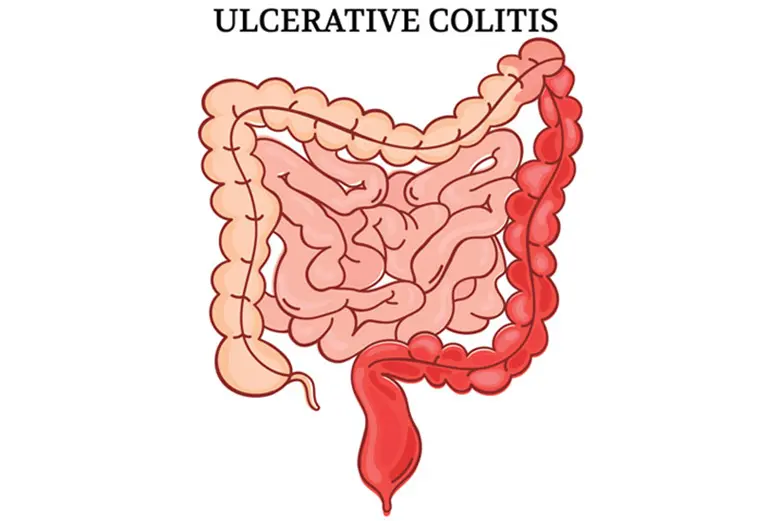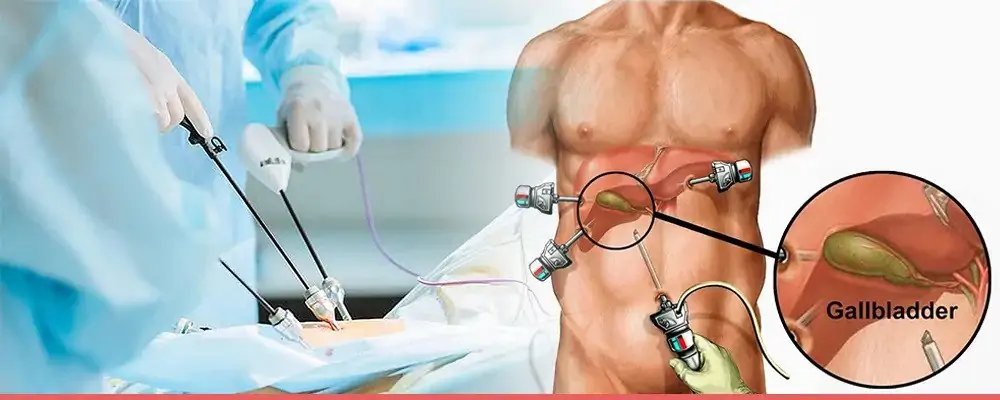Post-operative follow-up after colorectal surgery is extremely important for several reasons:
1. Monitoring Healing: Follow-up appointments allow the surgeon to monitor the surgical site and ensure that the incisions are healing properly. Any signs of infection or complications can be detected early and addressed.
2. Managing Complications: Complications can arise after surgery, such as infections, bleeding, or anastomotic leaks (a type of surgical connection issue). Regular follow-up visits give the surgeon the opportunity to identify and address these complications promptly.
3. Adjusting Treatment: If any issues arise during the recovery process, the surgeon can adjust the treatment plan accordingly. This might involve changes in medication, wound care, or dietary recommendations.
4. Pain Management: Some discomfort or pain is expected after surgery. Follow-up appointments allow the surgeon to assess your pain levels and prescribe appropriate pain management strategies.
5. Preventing Recurrence: For conditions like colorectal cancer, follow-up appointments are crucial for monitoring the patient’s condition and detecting any signs of cancer recurrence early.
6. Guidance on Recovery: Surgeons provide guidance on when to resume physical activities, return to work, and make dietary adjustments. Following their instructions helps ensure a smooth recovery process.
7. Assessment of Function: Follow-up visits allow the surgeon to assess the restoration of bowel and digestive functions after surgery. Any issues related to bowel movements or digestion can be discussed and addressed.
8. Addressing Concerns: Patients may have questions, concerns, or uncertainties about their recovery, healing process, or any changes they are experiencing. Follow-up appointments provide an opportunity to discuss these matters with the surgeon.
9. Psychological Support: Recovery from colorectal surgery can be physically and emotionally challenging. Regular follow-up visits allow patients to discuss their emotional well-being and receive any necessary psychological support.
10. Long-Term Health: Colorectal surgery can have long-term implications for digestive health. Follow-up appointments help ensure that the patient’s overall health is being monitored and managed effectively.
Remember that each patient’s recovery process is unique, and follow-up schedules can vary based on the type of surgery and individual needs. It’s important to attend all scheduled follow-up appointments and to communicate openly with your surgeon about any concerns or changes you experience during your recovery journey. Your surgeon’s guidance and monitoring play a key role in your successful recovery after colorectal surgery.
If you are looking for colorectal surgery, Consult Dr. Chintamani Godbole one of the best Colorectal cancer treatments in Mumbai.




